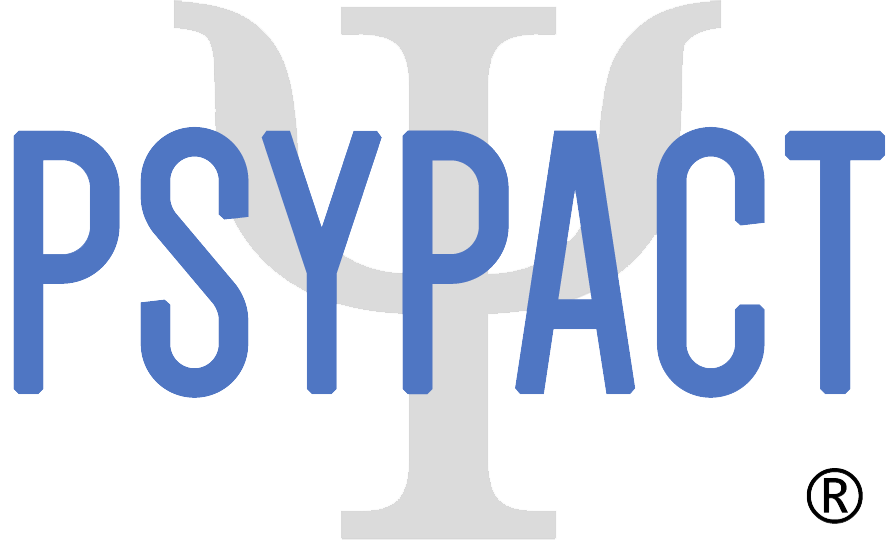
Why Does Every Conversation Feel Like a Struggle?
Maybe you’ve noticed that simple discussions spiral into misunderstandings or that even small disagreements can escalate quickly. Family dinners, weekends, and shared activities have shifted from being times of connection to moments where tension fills the air. It’s exhausting, and you might find yourself wondering: Why can’t we get along? When did things become this difficult?
Perhaps this shift has been gradual, or maybe it seemed to happen all at once, but now there’s an underlying current of frustration and hurt. Each family member feels misunderstood, and it’s like everyone is speaking a different language—one person feels ignored, another feels criticized, and yet another feels like they’re always the problem. You might wonder if harmony is even possible anymore, or if there’s a way to bridge the gaps that feel wider every day.
Holding It Together While Things Feel Like They’re Falling Apart
For some, this may have been the way things have always been—constant disagreements and unresolved tension, and now it just feels heavier. You’ve worked hard to keep everyone together, but the cracks seem to be deepening. It’s as though everyone is carrying their own weight of resentment, hurt, or anger, and it shows up in every interaction.
It’s hard to shake the feeling of isolation, even in a full house. You might find yourself longing for a time when family felt supportive and safe—a team that faced challenges together. But now, even the idea of rebuilding feels overwhelming. And still, the hope lingers: Can we find a way back to understanding? Can we feel connected again?

How Family Therapy
It may feel impossible now, but family therapy can help break the cycle of conflict and misunderstanding, restoring a sense of connection and cooperation. Through guided sessions, you’ll learn to navigate challenging topics together, strengthen communication, and rebuild the foundation of your relationships.
Family therapy helps in three key ways:
- Build Healthy Communication Patterns: Often, conflicts arise because family members struggle to communicate their needs and feelings effectively. Therapy provides tools to enhance listening, empathy, and expression, helping each person feel understood and valued.
- Resolve Conflicts and Heal Old Wounds: Longstanding issues can create rifts that feel impossible to bridge. Therapy offers a safe space to explore these pain points, allowing each person to share their experiences, address past hurts, and move forward together.
- Strengthen Family Bonds and Create New Traditions: Therapy doesn’t just resolve problems; it helps build stronger, more resilient family connections. By developing new ways of relating, your family can work as a team, supporting one another through life’s challenges and celebrations alike.
At Polaris Psychology, our approach to family therapy is tailored to the unique needs of each family, with a focus on fostering empathy, understanding, and growth. Together, we can help you rebuild the bonds that make your family feel whole.

We’re Here to Help Your Family Heal
Family relationships can be incredibly challenging, but you don’t have to navigate this journey alone. Whether it feels like communication has broken down, conflicts are escalating, or your family members are drifting apart, Polaris Psychology is here to help your family find its way back to a place of understanding, trust, and support.
Our family therapy services focus on helping each family member express themselves openly, listen with empathy, and reconnect in a meaningful way. With the guidance of our experienced psychologists, your family can begin to untangle misunderstandings, mend strained relationships, and build the foundation for a stronger, healthier future together.
Together, we can help your family find understanding, connection, and a path forward.
What to Expect from Family Therapy
Family therapy at Polaris Psychology is a collaborative journey focused on fostering understanding and building stronger relationships. Here’s what you can expect during the process:
Initial Clinical Intake Appointment
In the first session, your psychologist will meet with the entire family, giving everyone a chance to share their thoughts and feelings. This session helps your therapist gain a complete picture of your family dynamics, concerns, and goals for therapy.Individual and Joint Sessions as Needed
Depending on your family’s needs, we may incorporate a mix of individual and joint sessions. This allows each family member to feel heard individually while also fostering open dialogue within the family as a whole.Goal-Setting and Collaborative Treatment Plan
We believe in a tailored approach. Together, you’ll work with your psychologist to set goals that are meaningful to your family, whether it’s improving communication, reducing conflicts, or strengthening connections.Practical Tools and Strategies
Throughout therapy, your psychologist will introduce tools and strategies to help manage conflicts, improve communication, and create a more supportive family environment. These practical techniques are designed to be easily integrated into daily life.Ongoing Support and Progress Check-Ins
Family therapy is a process that unfolds over time. Your psychologist will provide ongoing support, helping your family reflect on progress, celebrate breakthroughs, and adjust goals as needed.
By the end of this process, your family will have tools to better understand one another, resolve conflicts with compassion, and move forward together with renewed trust and closeness. Family therapy offers a path toward healing and growth, one step at a time.
Why Choose Polaris Psychology for Family Therapy
Finding the right therapist for your family is essential to fostering open, honest communication and lasting change. At Polaris Psychology, we offer a compassionate approach that’s grounded in expertise, understanding, and a commitment to helping families heal together.
Highly Trained Psychologists
Our team consists of highly trained, doctoral-level psychologists with advanced expertise in family systems and relationship therapy. We understand that family relationships are complex, and we’re skilled in helping families navigate challenging dynamics with sensitivity and professionalism.
A Compassionate, Judgment-Free Space
We prioritize creating a safe and supportive environment where every family member feels respected, heard, and valued. We know that opening up in therapy can be daunting, and our commitment to empathy and non-judgmental listening fosters an atmosphere where real progress can be made.
Personalized, Evidence-Based Approach
We create customized therapy plans grounded in evidence-based practices, tailored to your family’s unique needs and goals. By working collaboratively, we ensure each session addresses what’s most important to you, whether it's improving communication, rebuilding trust, or resolving longstanding issues.
Emphasis on Lasting Change
Our approach is not only about immediate solutions but also about helping your family build tools and skills for lasting, positive change. With our guidance, you can strengthen your family’s resilience and establish a foundation for healthier, happier relationships in the long run.
Frequently Asked Questions
We’ve compiled answers to some common questions about family therapy to help guide you through the process. If you need more information or have specific concerns about your family or therapy services, feel free to reach out to us directly. We’re here to provide support and clarity at every step.
Q: How does family therapy work through telehealth?
A: Our family therapy sessions are conducted through secure, confidential video conferencing, allowing each family member to join from wherever they feel most comfortable. Telehealth not only provides a safe and effective way to engage in therapy but also makes it easier to bring everyone together, as coordinating multiple schedules into one physical location can be challenging. With telehealth, family members can participate from different locations, making it more convenient for everyone to be present and fully engaged.
Q: How much does therapy cost?
A: Each therapy session costs $250. While we do not accept insurance, we can provide documentation to help you seek out-of-network reimbursement from your insurance provider. Many clients find this process helpful in covering a portion of the therapy costs.
Q: Do you accept insurance?
A: We do not accept insurance. However, we can provide documentation that you can submit to your insurance provider to seek out-of-network reimbursement. We recommend contacting your insurance company to ask about their out-of-network mental health coverage and reimbursement policies.
Q: How long does it take for family therapy to work?
A: The length of time it takes for family therapy to be effective can vary depending on your family’s unique goals and needs. Some families may see improvement after just a few sessions, especially if addressing a specific issue. However, for more complex challenges or deeply rooted patterns, therapy may take several months or more. Our therapists work collaboratively with your family to create a treatment plan that’s tailored to your needs and will regularly review progress to ensure that therapy is moving at the right pace for everyone involved.
Q: What if some family members are hesitant to participate?
A: It’s common for some family members to feel uncertain about starting therapy. We create a welcoming, judgment-free environment that allows each person to participate at their comfort level. Over time, we find that even initially hesitant family members become more engaged as they see the benefits of therapy.
Q: Where is this service available?
A: At Polaris Psychology our licensed psychologists are authorized to practice in 43 states and territories across the United States:
Alabama, Arizona, Arkansas, Colorado, Connecticut, Delaware, District of Columbia, Florida, Georgia, Idaho, Illinois, Indiana, Kansas, Kentucky, Maine, Maryland, Minnesota, Missouri, Mississippi, Nebraska, Nevada, New Hampshire, New Jersey, North Carolina, North Dakota, Northern Mariana Islands, Ohio, Oklahoma, Pennsylvania, Rhode Island, South Carolina, South Dakota, Tennessee, Texas, Utah, Vermont, Virginia, Washington, West Virginia, Wisconsin, and Wyoming.
Ready to Begin? Schedule Your Family Therapy Consult Today.
We know seeking help is a significant step, and we want to make it as smooth as possible for you. Simply use the calendar below to choose a time that works for you. Once booked, you’ll be set up for a direct consultation with one of our licensed psychologists.





